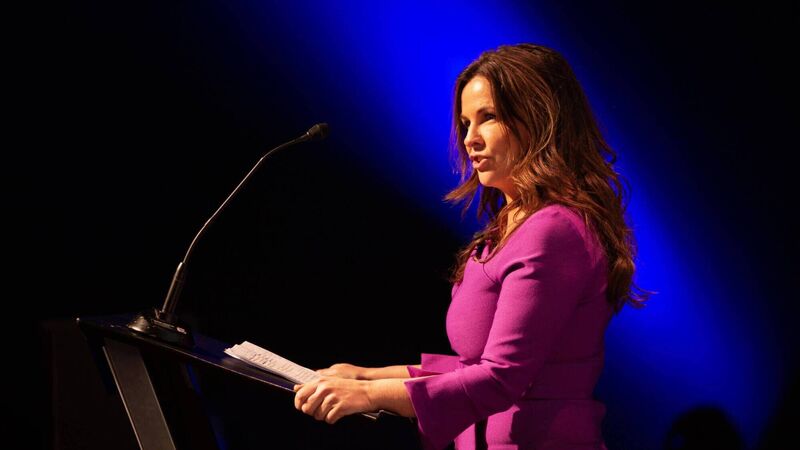Accommodation fears for older teens entering care system for first time

Tusla CEO Kate Duggan warned that the child and family agency is seeing a 'significant increase' in the number of 16- to 18-year-olds entering care who had never previously been in the care system. File picture: Brian Farrell
Tusla, the child and family agency, revealed to the Irish Examiner that 31 of the 271 young people admitted to State care from January 1 to September 10 this year were aged 16 and over.













